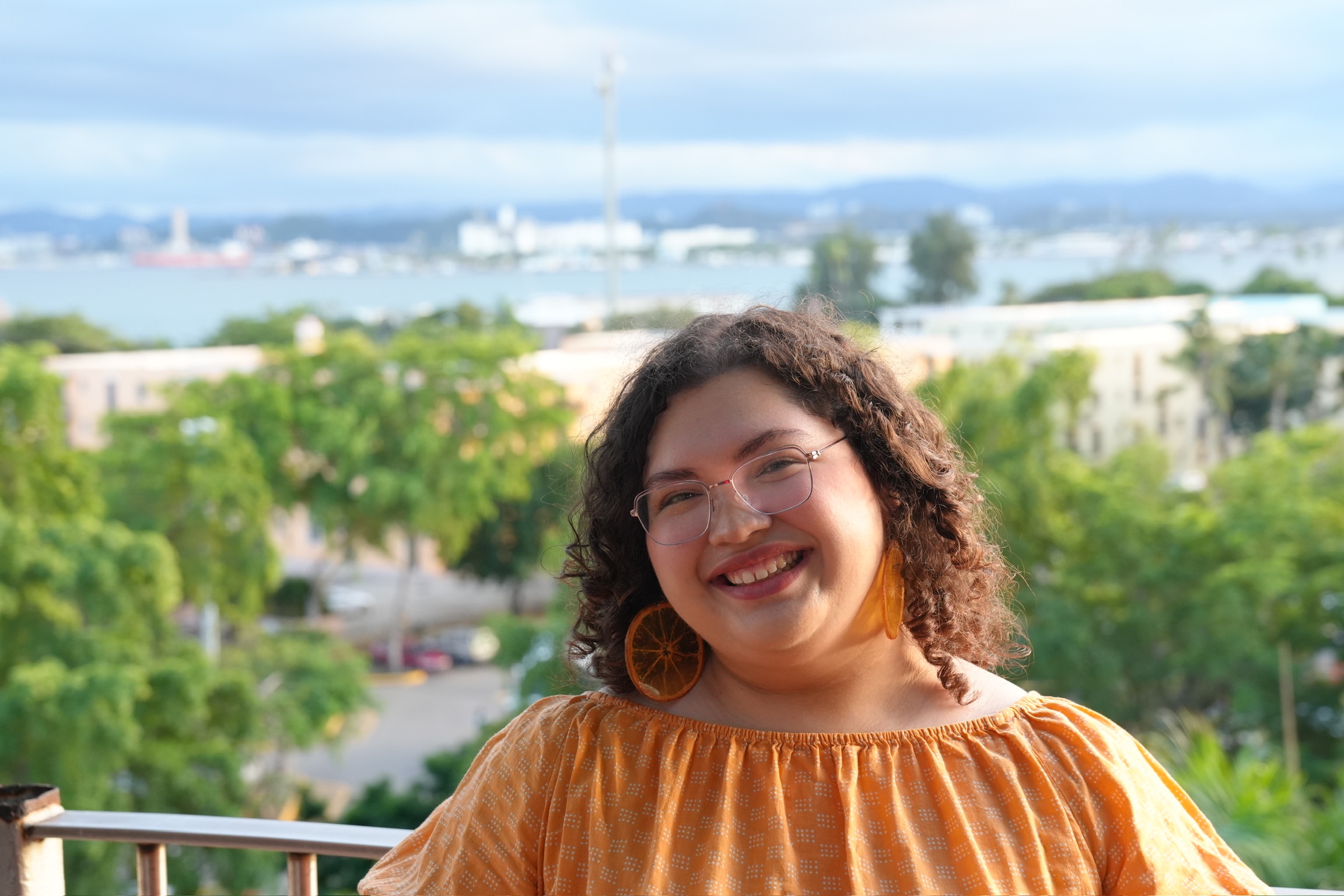
by
The National Hispanic Medical Association (NHMA) empowers Hispanic physicians and improves health equity through educational programs, impactful internships, and the College Health Scholars Program, providing resources and mentorship to Hispanic students in medicine.
Growing up in Texas, I saw firsthand how Latino communities lacked representation in medicine; that’s what drew me to the mission of the National Hispanic Medical Association (NHMA).
NHMA seeks to empower Hispanic physicians and improve the overall health and wellbeing of the Hispanic population and underserved communities through collaborative efforts with state medical societies, residents, medical students, as well as public and private sectors.
The Hispanic population is sorely underrepresented in the medical field despite the need for culturally competent care and treatment of Hispanic patients. According to the U.S. Census Bureau, the Hispanic population has grown to 19% in the U.S. and about 70% of them speak Spanish at home. However, the American Medical Association finds that only 5.8% of physicians identify as Hispanic and about 2% of non-Hispanic physicians speak Spanish.
Language concordance is crucial for health care providers to effectively communicate with their patients, which increases the patient’s chances of complying with medical advice and attending follow-up appointments. Unfortunately, Spanish is the most underrepresented language in the physician workforce, according to the UCLA Center for the Study of Latino Health and Culture.
Although there is a need for more Hispanic physicians, Hispanic students can be discouraged from a medical career due to a lack of role models or educational foundations within their schools and families, making it hard to complete studies required for medical school or graduate school programs.
Maximizing Learning Opportunities at NHMA: the College Health Scholars Program
One of the many ways NHMA addresses these disparities is through the College Health Scholars Program (CHSP). This educational program aims at increasing diversity in the medical field with Hispanic physicians, health professionals, and researchers.
CHSP offers resources to college students pursuing careers in medicine or public health. Its goal is to ensure that a new generation of Hispanic students is dedicated to increasing health equity and succeeding in their career.
CHSP provides curated quarterly webinars, 1:1 virtual meetings with mentors, and additional resources to prepare them for not only graduate school, but also their professional and personal development. The program matches each student to an experienced mentor who can offer unique insights, advice, and support. This mentorship helps students feel encouraged in their academic journey and preparation for their career goals.
Additionally, CHSP makes sure students access information and advice from financial aid officers and admission offices to successfully apply to medical school or graduate schools related to science and research.
In a survey by CHSP’s initial cohort, 77% of students believe CHSP improved their preparation for medical or graduate school. Moreover, 75% said the program improved their ability to navigate the demands of school alongside family responsibilities.
Around 74% of students found that CHSP improved their networking skills and helped them find internship opportunities.
NHMA Internship Program: A Catalyst for Career Advancement and Commitment to the Community
To inspire the next generation of health professionals and workers dedicated to the wellbeing of the Hispanic community, NHMA welcomes multiple interns, like me, to work at their office through an educational internship program.
In NHMA’s internship program, interns gain professional development, build a variety of skills, attend events, and network with local leaders in healthcare, the federal government and the private sector. It allows students to work in one of three departments: programs, communications and event planning. Interns in NHMA’s programs learn about program management, project execution, fundraising, event planning, outreach to speakers and partners, prepare research materials, and participate in compelling webinars.
I was thrilled to learn that I could inform, help, and empower the Hispanic community through my work as a communications intern. Communications interns learn social media strategies, develop graphic design skills, participate in media relations, assist in research, design newsletters, shoot and edit videos, and collaborate with the office on ways to market NHMA’s events and resources.
As for myself, I attended fascinating and thought-provoking panels and events about the solutions to problems the Hispanic community faces—all right in the heart of our nation's capital.
I have also met other interns my age who are interested in going into medical school or public health policymaking. Seeing NHMA interns learn and grow towards their careers has allowed me to actively witness NHMA’s educational commitment to shepherding the next wave of health leaders.
The event planning interns work closely with membership management, generate and maintain event registration reports, learn event marketing strategies, and collaborate with NHMA’s office departments for industry-related events.
Overall, internships provide a lot of opportunities for students to grow professional skills, gain work experience, and network with experts within their desired careers.
Moreover, the internship teaches us ways to remain dedicated and passionate about Hispanic representation in the medical field and the need for quality care for Hispanic patients.
By providing Hispanic students with the resources, tools, and opportunities to learn and thrive, we can continue to build a better future for one another.
About the author
Mariah Solis is a Tejano currently working in Washington, D.C., at the National Hispanic Medical Association through the nonprofit’s internship program. She is studying media and communications and minoring in politics and sociology at The Catholic University of America (CUA). Previously, she has written for the National Education Association about school resources and solutions to mental health issues. She works on accurate media representation for the Latino and LGBTQIA+ community as the 130th editor-in-chief of The Tower, CUA’s student newspaper, and vice president of CUAllies, the underground LGBTQIA+ campus organization. Solis has been the recipient of the 2023 Media Fellows Scholarship by the Washington Media Scholars Foundation and the Hector Mendez Scholarship issued by the Puerto Rican Heritage Society.
Place your job ad in our classified page on the HO print & digital Edition